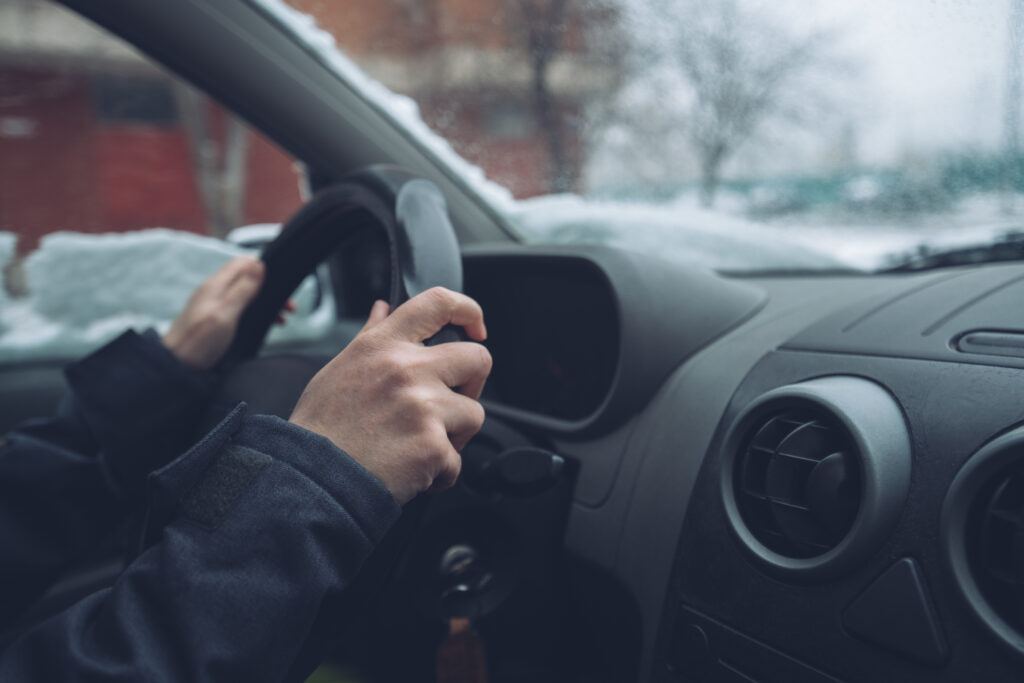Does your car fail to start during the cold weather months? When your vehicle doesn’t start on cold days, you suffer delays on your commute, essential errands, or have to reschedule your plans. To avoid such inconveniences, always reach out to a professional as soon as possible if you cannot resolve the problem on your own.
So, what could be the reasons why your car won’t start in cold weather? And are there solutions to these problems?
How Cold Does the Weather Have to Be to Affect Your Car?
According to a report by AAA Automotive Research Center, your car battery power falls by about 35% at 32°F, and if the temperature drops to 0°F, it loses 60%. When your car battery loses energy, it will be hard to start the engine because your car requires at least an 80% charge to start the ignition process.
Reasons Why Your Car Won’t Start in cold weather
Here are three reasons why your vehicle won’t start in cold weather:
Car Battery Problems
When you turn on the ignition switch, your car battery should provide enough power to convert chemical energy into electrical energy that will start the engine.
However, this process might fail during frigid days because the battery energy drops significantly during cold temperatures. When the battery power is too low, it won’t transform the chemical energy into electrical energy, causing your car engine not to start.
Using The Wrong Motor Oil
Use lighter viscosity motor oil during the winter season (if your car manual permits). Experts discourage thicker engine oil because, during freezing days, the oil viscosity falls, causing poor engine lubrication. For this reason, you experience a hard car start.
Bad Starter
When you have a faulty ignition switch, it may not activate the battery to produce the electrical current needed to start your car. So, during cold days your battery power might be too low, and the starter switch is slow, leading to car start problems.
What to Do When Your Car Doesn’t Start During Cold Weather
Here are the best solutions:
- Jump-Start: You have seen how batteries lose energy when exposed to cold temperatures, reducing their power. In this case, you should boost it by connecting to another vehicle with a charged battery. By doing so, you will be supplying the electrical energy needed for your engine to start.
- Turn on the ignition switch and hold for 10 seconds: Car fluids may freeze and block the exhaust pipe during cold weather, causing a hard start. Therefore, you should clear the exhaust system by switching on the starter and holding it for up to 10 seconds.
Does Parking Your Car in a Garage Help?
Yes, this is because:
- The garage is slightly warmer compared to the outside temperature.
- It will protect your vehicle from being clogged by snow, further lowering its temperature.
- Your car fluids won’t be exposed to cold temperatures, maintaining their viscosity.
Bottom Line
It would be best if you tried to keep your car warm during harsh winter to avoid the pain caused by a failed car start. Always remember to use the proper engine oil and, if possible, ensure you fully charge your car battery.
It’s crucial to maintain both the inside mechanics and the external condition of your vehicle for optimal use. If you need additional tips for keeping your car in good condition or require auto body repairs, contact Valley Collision.

